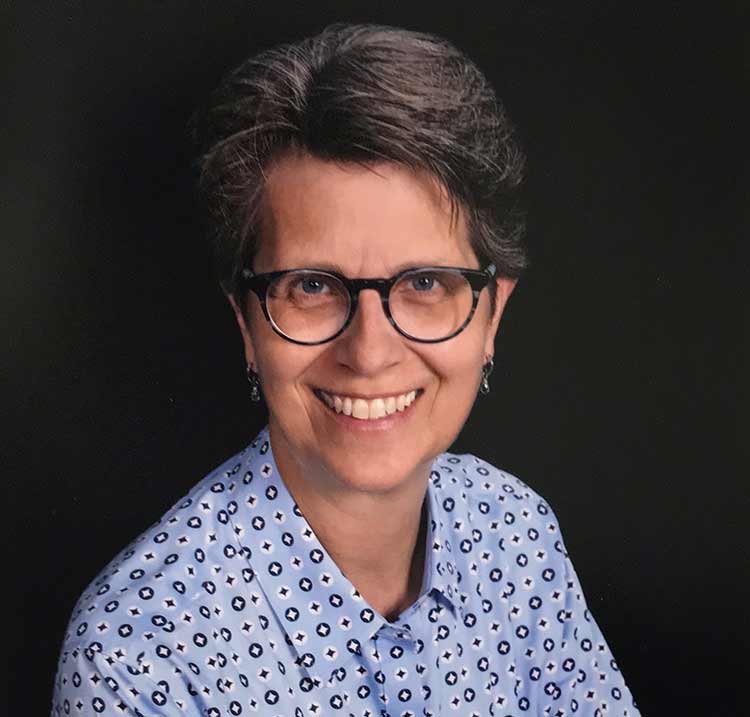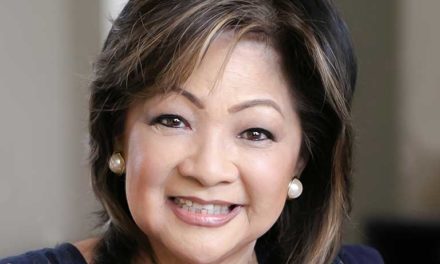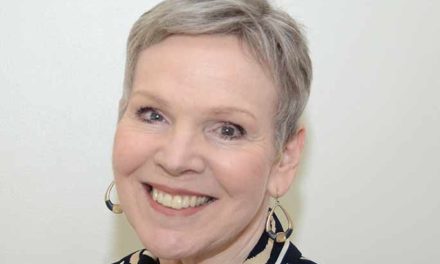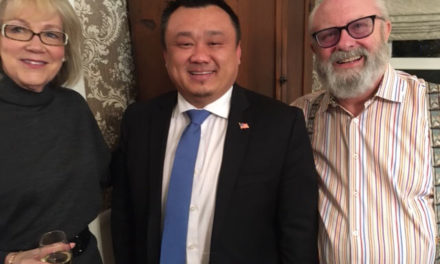Shari Roeseler Is Providing Sharp-Focused Leadership at the Society for the Blind
The agency expands its capabilities and footprint
By Ed Goldman
Shari Roeseler has exactly what her job requires as the executive director of the Society for the Blind: vision.
No, I don’t mean the kind affiliated with the other four celebrated senses (touch, hearing, smell and taste). I mean the kind related to a leader’s passion for her work, her depth of intelligence and her (figurative) farsightedness.
Shari Roeseler
Roeseler recently oversaw the acquisition/merger of Sacramento Braille Transcribers, which will add a revenue stream to her organization. The society, which turns 70 next year, operates on a $3 million annual budget, 50 percent of which comes from fundraising and 50 percent from fees it receives for subcontracting with government and other organizations.
The agency has 35 employees and provides services in 27 counties in Northern California and Nevada, a recently established branch. The group has also acquired the El Dorado Center for the Visually Impaired and Reading Services of the Redwoods.
Prior to her current job, which she’s held for a decade, Roeseler led another nonprofit: the St. Anthony Foundation, one of the largest social service agencies in San Francisco. Before that she spent nine years as the vice president of resource development for the West Region of Mercy Housing. She holds a master’s degree in ethics/bio-ethics from Santa Clara University’s Jesuit School of Theology. For 10 years, she also lived and served as a nun.
So, let’s see: Experience, expertise, education, devotion. Who could ask for anyone more as a nonprofit exec?
But Roeseler is not one to sit still. “I want people to know that the resources we have exist for the blind, people with low vision and their families, here and in their towns,” she says. “I want people who feel hopeless to have hope.”
Last year the society provided services to nearly 6,500 young people, working-age adults and seniors. But, she says, “There are many more out there to serve.” (You can review the agency’s menu of services at societyfortheblind.org.)
Roeseler says that “at least 10 percent of the almost 3 million residents in our region have significant visual impairment, and 85 percent of those people are low-income.” That situation isn’t about to improve on its own. Roeseler says that in just two decades, the number of people aged 60 and older will exceed 600,000—”the age group where vision loss is highest.”
One of Roeseler’s goals is to educate employers about the viability of hiring people who are already blind or losing their vision.
“We have a study from 2016 showing that more than 75 percent of employers would consider hiring someone who’s blind,” she says, adding that “more than 30 percent think the workplace couldn’t accommodate them. We can show employers just how to do that.”
Blindness or encroaching vision loss, she adds, “affects not just the person experiencing it but also the people around them.”
An athletic 59 -year-old, Roeseler cycles, golfs and plays pickleball, that inexplicably popular mashup of tennis, ping-pong and achy Mondays. She grew up in Wisconsin and says her parents were “very solid, working-class people. They gave me the incentive to work.” For a time she lived in Washington, DC, working for an intellectual-property law firm. In 2017, she married her partner of two years, Reverent Elizabeth Brick, a Methodist minister.
Roeseler teaches a two-unit course at the University of San Francisco each year for a program called “Listen to Your Life”—which, despite its name, has nothing to do with physical blindness. “It’s more about finding a vocation by knowing yourself,” she says.
She’s also an inventor, having come up with a self-defense discipline for the vision-impaired she calls “Cane-Fu.” It’s a series of classes that show people who use a white-tipped walking cane “how to use it to protect themselves, if needed,” she says. I ask her why she doesn’t patent the idea, especially since her time in the nation’s capital taught her a thing or two about intellectual property.
Here she does something for the first time during our delightful lunch that surprises me: She blushes (slightly). “I’d just like to share it, not make money from it. That’s not what it’s about.” She says this firmly and, no surprise, in a clear-eyed manner.
Ed Goldman's column appears almost every Monday, Wednesday and Friday. A former daily columnist for the Sacramento Business Journal, as well as monthly columnist for Sacramento Magazine and Comstock’s Business Magazine, he’s the author of five books, two plays and one musical (so far).












